Dominique Boren: "It’s outrageous that an LGBT family has all of its rights recognized in a European country and in another, not"
He is currently the president of NELFA (Network of European LGBTIQ* Families Associations) and is part of the APGL (Association des Parents et futurs parents Gays et Lesbiens) in France.
During 25 years of the struggle for LGTBI rights, there has been much progress, but also the risk of retreating. In your opinion, how have the requirements of the LGTBI movement in Europe changed?
Twenty five years ago, the demands of movements and activists focused on ending discrimination against lesbians and gays. Then, the demands of bisexuals were included and, finally, those of Trans peoples (but quite a lot later). These demands have been listened to by the European Union through a directive that prohibits discrimination against LGTB people at work and in the service sector; for instance, when renting a house or subscribing telephone services. This directive is compulsory for all EU countries, which have been forced to make changes to their national legislation to band and sanction behaviours that discriminate LGBT persons.
You are the president of NELFA; at a European level, is there a big difference between countries in the rights that are recognized? How far has the EU reached in terms of the rights of LGBT families?
Fourteen of the twenty eight countries have come to allow marriage and adoption for same-sex couples in the past 15 years; and fifteen offer assisted reproduction services for lesbians or single women. This is quite a large number, but still there continue to be too many countries where rights are limited or inexistent.
The EU is ineffective as such because the problems that LGBT families face do not affect the Union, but its member states. Today, there isn’t a directive forcing member states to implement the same laws everywhere on matters such as marriage and adoption for LGBT couples. Each country decides through its government, public opinion, reactionaries. However, the more countries implement laws for LGBT families, the more others will feel forced to follow suit, in one way or another.
15 May is the International Day of Families, but you celebrate the International Day for Family Equality on the first Sunday of the month. What is the meaning of this double demand?
The international day of families working for equality is, above all, a message to the world that LGBTI families and other families that are different to heterosexual families exist and don’t want to be discriminated. These fathers, mothers and their children must be respected in their dignity and have equal rights than other families. It is a message of Universalist integration; it isn’t a message to reclaim rights.
NELFA currently has 30 associations; what are the main discussions in your mind?
NELFA and its member associations (representing 19 states) affirm that the European principle of free movement and settlement in Europe and the right to live with your family applies to all of Europe and all families.
It’s outrageous that an LGBT family has all of its rights recognized in a European country like Spain and that, if this family moves to Poland, it can no longer exist. Children with two parents –two fathers or two mothers– lose one of their parents or both, because in this new country LGBT marriage does not exist and even in countries that accept this, it is not recognized.
NELFA also wants to shift Europe’s attention to the situation of LGBT families the former eastern European countries and the Balkans, and in this regards, NELFA and its members have scheduled a meeting for the autumn of 2019, in Zagreb.
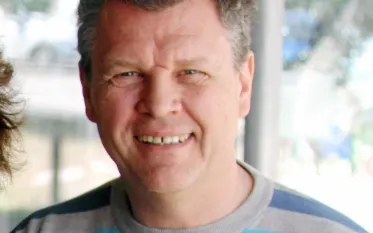
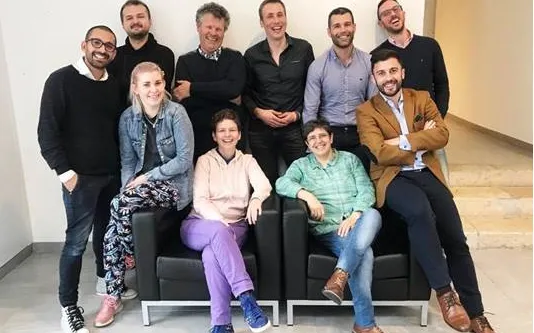
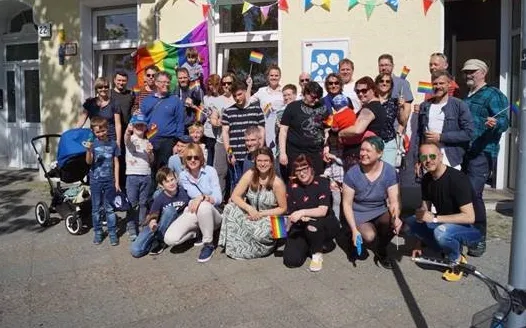


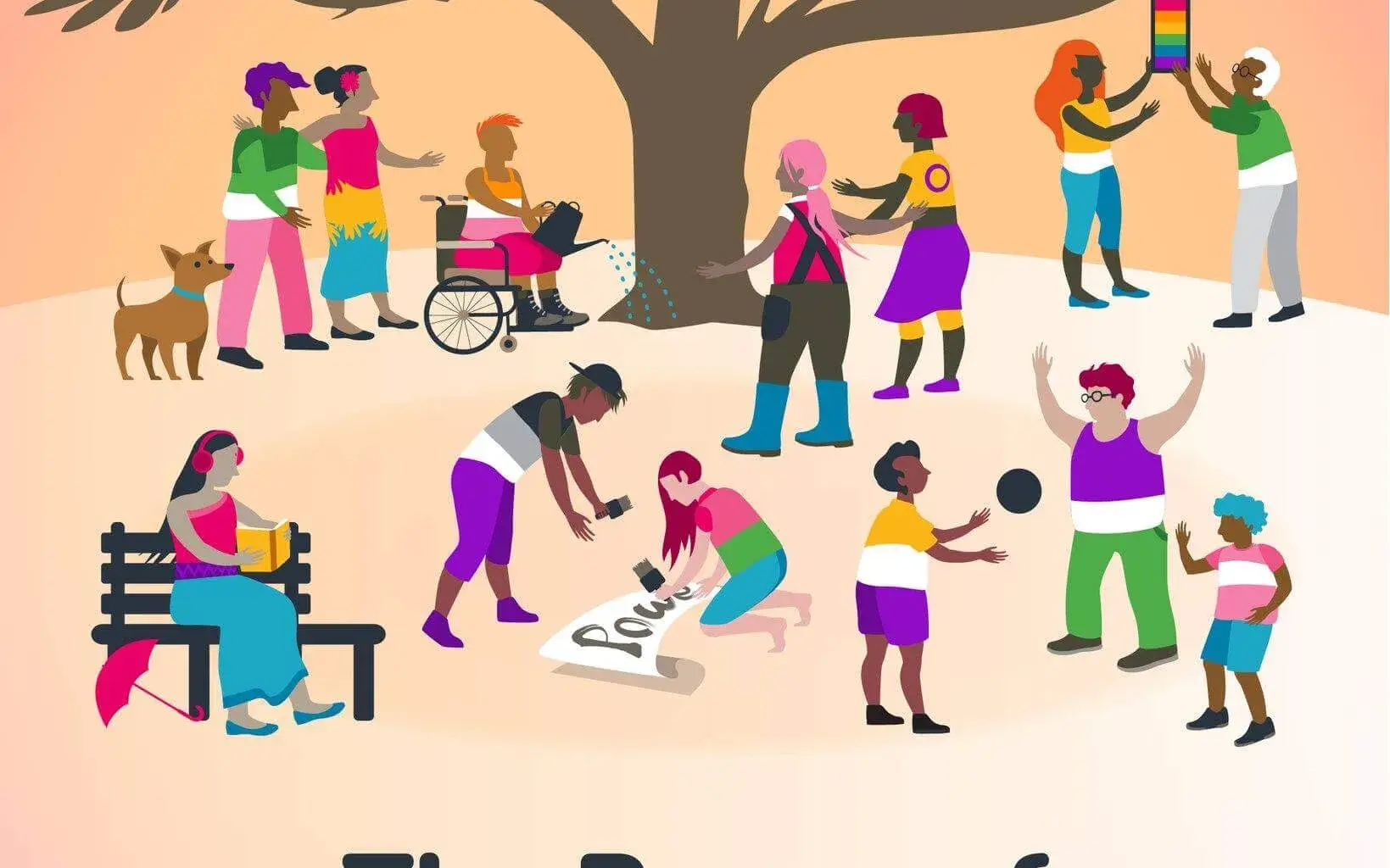
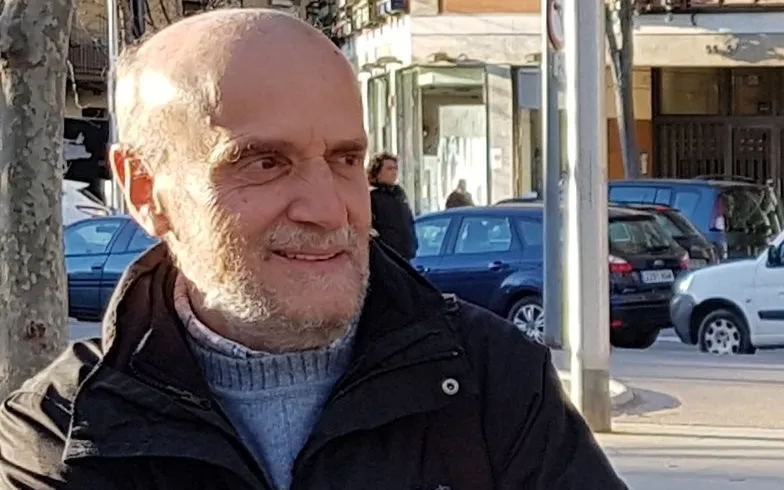
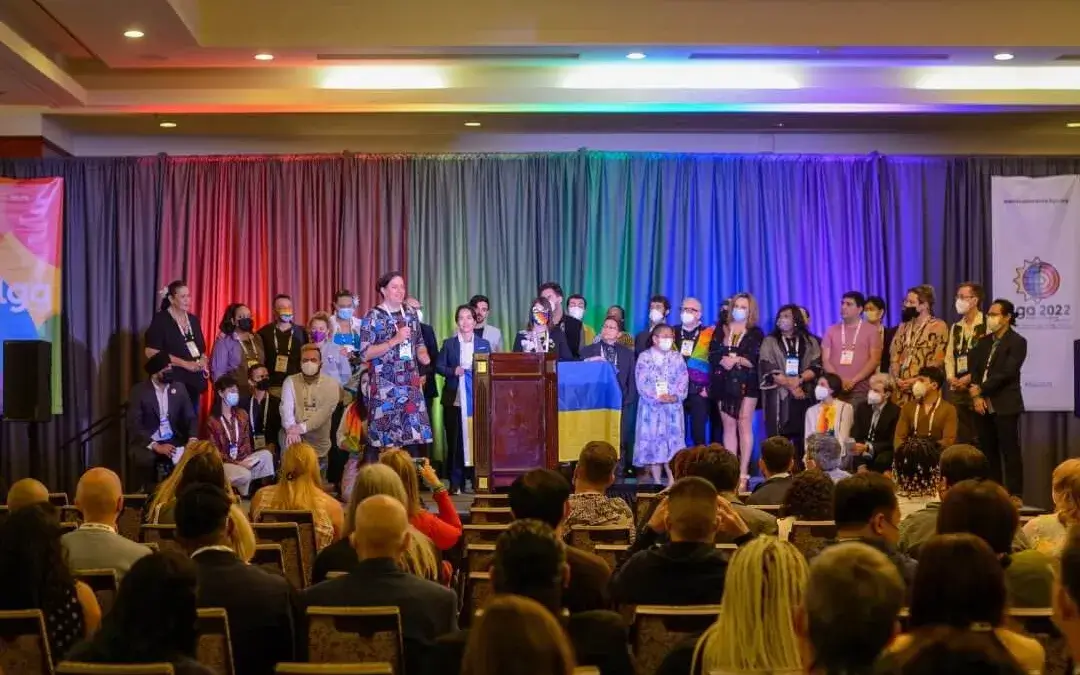

Add new comment